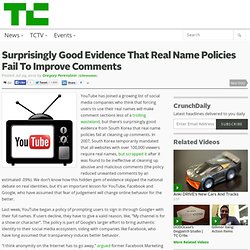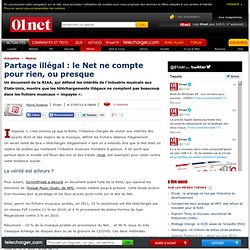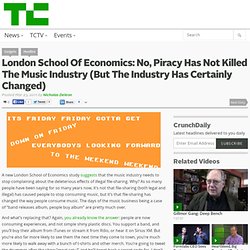

Surprisingly Good Evidence That Real Name Policies Fail To Improve Comments. YouTube has joined a growing list of social media companies who think that forcing users to use their real names will make comment sections less of a trolling wasteland, but there’s surprisingly good evidence from South Korea that real name policies fail at cleaning up comments.

In 2007, South Korea temporarily mandated that all websites with over 100,000 viewers require real names, but scrapped it after it was found to be ineffective at cleaning up abusive and malicious comments (the policy reduced unwanted comments by an estimated .09%). We don’t know how this hidden gem of evidence skipped the national debate on real identities, but it’s an important lesson for YouTube, Facebook and Google, who have assumed that fear of judgement will change online behavior for the better. Last week, YouTube began a policy of prompting users to sign in through Google+ with their full names. If users decline, they have to give a valid reason, like, “My channel is for a show or character”. Piratage : le Net ne compte pour rien, ou presque. 01net. le 27/07/12 à 18h05 Impayés », c’est comme ça que la RIAA, l’instance chargée de veiller aux intérêts des ayants droit et des majors de la musique, définit les fichiers obtenus illégalement.On serait tenté de dire « téléchargés illégalement » tant on a entendu dire que le Net était un repère de pirates qui mettaient l’industrie musicale mondiale à genoux.

A tel point que partout dans le monde ont fleuri des lois et des traités (Acta, par exemple) pour lutter contre cette tendance lourde. La vérité est ailleurs ? Pour autant, TorrentFreak a dévoilé un document ayant fuité de la RIAA, qui reprend les éléments de l’Annual Music Study, de NPD, restée inédite jusqu’à présent. Ainsi, parmi les fichiers musicaux piratés, en 2011, 15 % seulement ont été téléchargés par un réseau P2P (contre 21 % en 2010) et 4 % provenaient de plates-formes de type MegaUpload contre 3 % en 2010. De nouvelles questions. Another New Study Shows That Filesharing Doesn’t Deter Artists From Making Music. London School Of Economics: No, Piracy Has Not Killed The Music Industry (But The Industry Has Certainly Changed)
A new London School of Economics study suggests that the music industry needs to stop complaining about the deleterious effects of illegal file-sharing.

Why? As so many people have been saying for so many years now, it’s not that file-sharing (both legal and illegal) has caused people to stop consuming music, but it’s that file-sharing has changed the way people consume music. The days of the music business being a case of “band releases album, people buy album” are pretty much over. And what’s replacing that? Again, you already know the answer: people are now consuming experiences, and not simple shiny plastic discs. There’s more stuff involved, in other words.